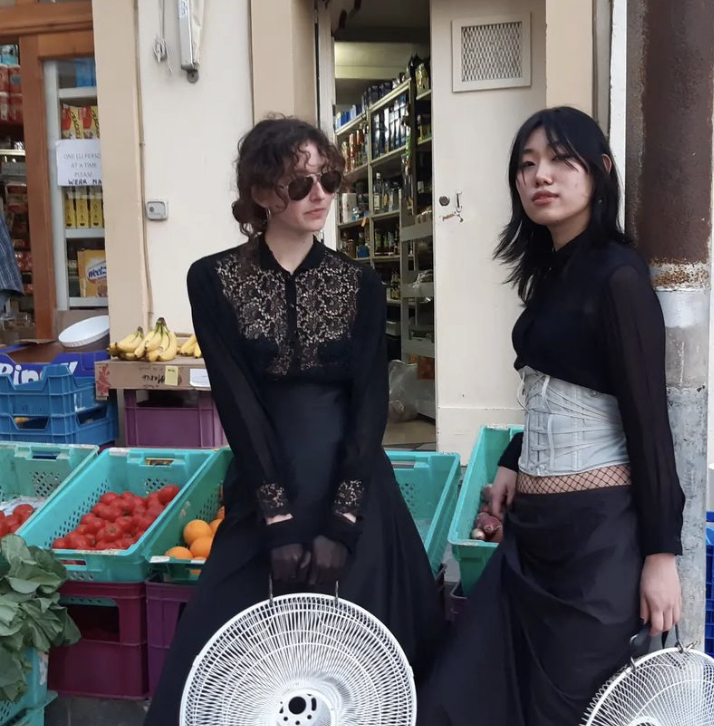Some 87% of clothing waste ends up in a landfill. That is the equivalent of a rubbish truck full of clothes every second.
Five years ago, Tonya Lehtinen upped sticks from her native South Africa and moved to Gozo. A dedicated environmental activist with a background in space planning and organisation, Tonya soon found herself a new project which has gone from strength to strength since its inception.
It all started with a clothes swap which she organised to raise some money for environmental causes and, soon after, her home was overrun by used clothing which needed a new home. The energetic entrepreneur wasted no time and opened Vogue Xchange, a second-hand clothing shop in Victoria which has become the go-to place for stylish young people looking for unique clothes. This, however, was not enough to keep up with the steady stream of pre-used clothing finding its way to Tonya.
“My aim is to have zero waste at Vogue Xchange, but making sure it all gets distributed or used is not easy,” she admits. “During the COVID-19 lockdown, I did a lot of research about sustainability and experimented with upcycling because, after three years in the vintage clothing trade, aiming for a circular model felt like the next natural step.”
“My vision is that The Foundry will be a catalyst for more projects like this and that it will bring environmental, economic, and social benefits to the people in the community.”
TONYA LEHTINEN
In a circular fashion model, clothes are designed and manufactured with the next use in mind, and every item is used for as long as possible and then repaired, redesigned, or reused. The aim of this model, which extends to the whole economy, is to reduce waste and to ditch the idea of a linear economy where a product is manufactured, used and discarded. Apart from the enormous amount of textile waste, the fashion industry produces greenhouse gases equivalent to those produced annually by the economies of France, Germany and England combined, which ultimately leads to climate change, loss of rainforest, and arctic melting.
The World Economic Forum recently said that producing the amount of waste we currently are is unsustainable, and that embracing a circular economy is imperative if we are to save our planet.
“Policy makers are rapidly realigning their mandates to promote a circular economy, with the EU recently updating its mandates on waste management to include circular economy action,” explains Tonya.

“My small contribution to the global push will be with The Foundry, a circular community workshop space. There we will be processing textile waste with the help of designers, makers, and innovators, of which we have an abundance in Gozo. Although the amount we can upcycle is small in the grand scheme of things, the real power behind The Foundry is in building a community, in changing mindsets, and in collaborations. We have already piloted the concept and the response was very positive.”
The pilot upcycling workshops that are currently being held are already processing close to 1,000 garments a month, and Tonya hopes to double or triple that amount when The Foundry workshop is officially open in the new year.
“The big impact I am hoping for is not the waste reduction in itself but an increased awareness and rethinking the value of the products, the time taken to make them, where the materials originate, and what its end of life looks like. I love the idea of a proactive disruption to the linear economy,” she adds.
While The Foundry’s purpose is to kickstart a change in our approach to textile waste, it will also provide a community space where individuals can be creative together, something which has been proven to have a positive effect on mental health and emotional wellbeing. Being part of a community is more important than ever at a time when social isolation has become the norm.
“My vision is that The Foundry will be a catalyst for more projects like this and that it will bring environmental, economic, and social benefits to the people in the community,” says Tonya. “I encourage people who have unused fabrics and sewing tools to donate them to The Foundry, and to join our workshops when we launch.”










